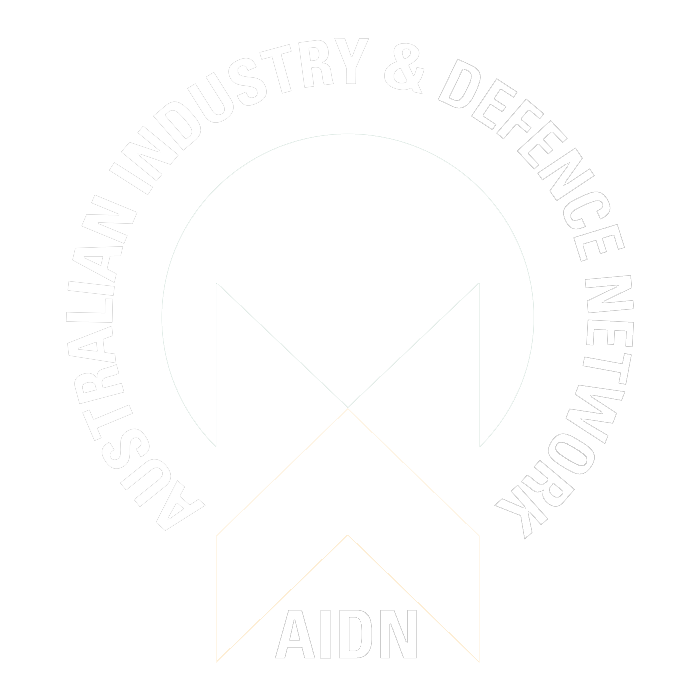Whistleblower Policy
This policy has been written, approved and promulgated by the Group Chief Operating Officer of HighCom and is the basis of our continued reputation in the provision of quality and reliable capability-based solutions to the Defence and Homeland Security markets.
HighCom strives to be the leader in the development, manufacture, sale and support of capability-based solutions to the Defence and Homeland Security markets. The diversity of our product range and specialised staff ensures we have the knowledge and experience to understand client requirements and the ability to deliver comprehensive and high-quality capabilities. To achieve the above, we will:
The Corporations Act 2001 (Cth) provides protection for certain types of persons that make a disclosure of Reportable Conduct. This policy has been put in place to ensure employees and other Disclosers can raise concerns regarding any misconduct or improper state of affairs or circumstances of the Employer (including any related entities of the Employer) (the Employer) without being subject to victimisation, harassment or discriminatory treatment.
WHO DOES THIS POLICY APPLY TO?
The protections in this policy apply to Disclosers, which means anyone who is, or has been, any of the following with respect to the HighCom:
- employee
- director
- officer
- contractor (including employees of a contractor)
- supplier (including employees of suppliers)
- associate
- consultant, or
- a relative, dependant, spouse, or dependant of a spouse of any of the above.
The protections in this policy will also apply to any person who has made a disclosure of information relating to HighCom to a legal practitioner for the purpose of obtaining legal advice or legal representation in relation to whistleblowing protection laws.
REPORTABLE CONDUCT
Reportable Conduct is conduct which involves:
- dishonest behaviour
- fraudulent activity
- unlawful, corrupt, or unethical use of company funds or practices
- improper or misleading accounting or financial reporting practices
- behaviour that is oppressive, discriminatory, or grossly negligent
- unsafe work practices
- a serious risk to the health and safety of any person at the workplace
- a serious risk to public health, public safety, or the environment, or
- behaviour which may cause financial loss to HighCom, damage its reputation or be otherwise detrimental to HighCom’s interests.
Personal work-related grievances regarding matters such as an interpersonal conflict with the Discloser and another employee or a business decision relating to an engagement, transfer, promotion, terms and conditions, suspension or termination of the Discloser’s employment typically fall outside this policy and should be raised in accordance with the relevant employee grievance policy that applies. An exception to this is where a personal work-related grievance is related to detrimental treatment taken against the Discloser because the Discloser has made (or is suspected of making) a disclosure under this policy, or because the Discloser proposes to (or could) make a disclosure under this policy.
RESPONSIBILITY TO REPORT
HighCom relies on its employees and Disclosers to maintain its culture of honest and ethical behaviour. To this end, it is expected that any Discloser who becomes aware of Reportable Conduct will make a formal report.
HOW TO REPORT
Employees of HighCom should initially report the Reportable Conduct to their relevant Senior Manager by telephone or email.
If a Discloser is unable to use the above reporting channel, a report can be made to an Eligible Recipient within the Employer. Eligible Recipients in relation to the Employer are:
- directors
- officers
- senior managers, or
- any appointed external auditor or actuary of HighCom.
Reports to an Eligible Recipient may be made in person or by telephone, and the Discloser must inform the Eligible Recipient that they wish to make a report under this policy.
INVESTIGATION OF REPORTABLE CONDUCT
Upon receiving a report, the relevant Senior Manager/s of HighCom will determine if the report relates to Reportable Conduct and, if so, the report will be investigated as appropriate. The investigation may be conducted internally or via an externally appointed investigator.
The particular investigation process and enquiries will be determined by the nature and substance of the report. All investigations will be conducted in an objective and fair manner and will be reasonable and appropriate having regard to the nature of the Reportable Conduct and the circumstances.
Where a Discloser wishes to remain anonymous, the Discloser’s identity will not be disclosed to the investigator or to any other person. Information that is likely to lead to the identification of the Discloser can be disclosed without the Discloser’s consent, provided that:
- the disclosure of the confidential information is reasonably necessary for the purposes of investigating the conduct disclosed by the Discloser, and
- all reasonable steps are taken to reduce the risk that the Discloser will be identified.
Where appropriate, the Eligible Recipient or appointed investigator will provide feedback to the Discloser regarding the investigation’s progress and/or outcome. This will be subject to privacy and confidentiality considerations.
CONFIDENTIAL REPORTING
All reasonable steps will be taken to protect a Discloser’s identity following a report of any matter that is considered Reportable Conduct.
Information about a Discloser’s identity and information that is likely to lead to the identification of the Discloser may be disclosed in the following circumstances:
- where the information is disclosed to ASIC, APRA or the Australian Federal Police
- where the information is disclosed to a legal practitioner for the purpose of obtaining legal advice in relation to the operation of applicable whistleblowing protection laws, or
- where the Discloser consents.
All information, files and records that form part of an investigation into Reportable Conduct will be retained securely.
PROTECTIONS AND SUPPORT AVAILABLE TO DISCLOSERS
The Discloser will not be subject to any civil, criminal or disciplinary action for making a report that is covered by this policy, or for participating in any subsequent investigation by the Employer.
The Employer will not tolerate any retaliation against any Discloser. Retaliation occurs where a person causes or threatens detrimental treatment to another person as a result of making a report of Reportable Conduct. Detrimental treatment may include, but is not limited to:
- dismissal
- injury of an employee in their employment
- alteration of an employee’s position or duties to their disadvantage
- discrimination between an employee and other employees of the same employer
- harassment or intimidation of a person
- damage to a person’s property
- damage to a person’s reputation
- damage to a person’s business or financial position, or
- any other damage to a person.
Detrimental treatment by any employee will be deemed a serious breach of this policy and may result in disciplinary action up to and including termination of employment. Retaliatory conduct may also attract civil or criminal liability.
The Employer will connect the Discloser with internal and external support providers as necessary.
Every staff member is responsible for reading, implementing and acting in accordance with this Whistleblower policy.





